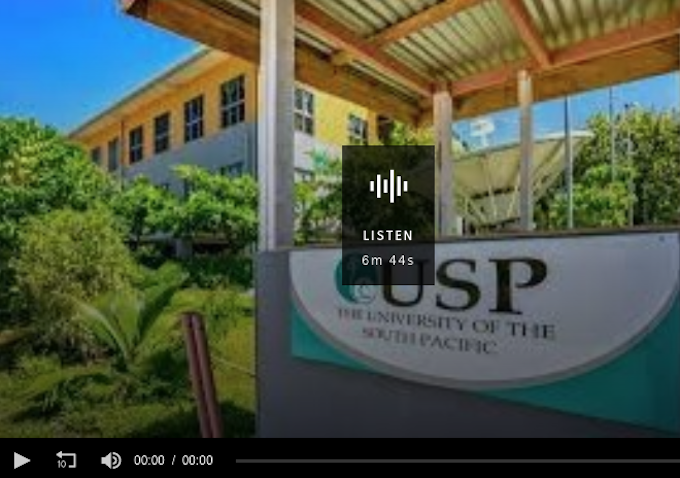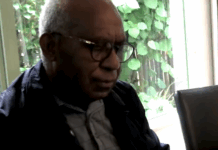
ANALYSIS: By Richard Ewart on Pacific Beat
There was much excitement on the campuses of the University of the South Pacific when the latest Times Higher Education University Rankings were published, and USP was included on the prestigious international list for the very first time.
Understandably the vice-chancellor and the president wanted to trumpet the fact, but their suggestion that USP is now among the top 10 percent of universities worldwide is a little over the top.
There are more than 20,000 universities across the world, but the famous THE rankings include fewer than 1700 of them.
- READ MORE: Nauru president Aingimea accuses Fiji of being ‘divisive’ over USP funding
- LISTEN: ABC Pacific Beat
- Other USP rankings reports
And with USP rated in the band from 1000 to 1200, even the poorest statistician can probably work out that the university is not in the top 10 percent of the latest rankings, let alone in the world.
However Phil Baty, THE‘s chief knowledge officer, says an over generous statistical interpretation should not detract from USP’s achievement.
“Being ranked in the top 1200 in the world is still a really strong achievement. The Times Higher Education criteria are pretty demanding, we have 13 performance metrics, so in that sense, it’s a fantastic achievement. But we’re not really looking at all 20,000 institutions, we’re narrowing it down to a group of around 3000 or 4000 research universities,” Baty has told Pacific Beat.
However, as an international authority on university performance and strategy. Phil Baty is urging USP to be cautious with their future marketing strategies.
Set of challenges
“There was a bit of a set of challenges in Australia a few years ago actually, I think some Advertising Standards Authority said unless we are judging all 20,000, it doesn’t mean that you’re in the top 10 percent, because lots of different universities or higher education institutions have different missions, different goals.”
News of USP’s debut in the THE rankings comes at a time when the government of Tonga is actually planning to open the country’s own university, even though USP already has a campus in Nuku’alofa.
But Tongan student president Robin Napa’a believes there is room for both.
“Tonga Uni and USP can exist side by side….the option for higher education would be more available for the people here in Tonga to further their education and expand their knowledge,” Napa’a said.
And as the pandemic rolls on, the student leader says taking away the need to travel would be appealing for many Tongan students right now.
“USP has courses that are only offered on the main campus, so those students are required to go to Fiji to finish their degrees. But if Tonga University were to offer those courses here, then many students would prefer to stay with their families and study in an environment that is familiar to them.”
USP’s appearance on the THE list is all the more remarkable because it comes after months of controversy over the status of vice-chancellor Professor Pal Ahluwalia and a governance crisis centred on allegations of serious mismanagement by the previous USP administration.
While his researchers were well aware of the problems at USP, Phil Baty says they were not a factor in assessing the institution’s ranking. However, he believes they could yet impact on its burgeoning reputation, particularly now that the university’s biggest donor Fiji has withdrawn its funding.
“We do run a reputation survey. So we survey 22,000 academics across the world to give their judgments on the university’s reputation for excellence in their specialist area.
Reputation metrics
“So it is fair to say USP hasn’t done very, very well on our reputation metrics, that may possibly be influenced by the turmoil.
“(But) when we look at the rankings, we really do just look hard and clean at the data. So as long as the students are still being taught, as long as the university is still producing research into the global journals, issues of governance don’t really creep into the immediate evaluations.”
And on that basis, Phil Baty says USP can make huge mileage out of its newfound recognition, but perhaps with a slightly more modest headline.
Duration: 6min 44sec
Broadcast: Wed 8 Sep 2021, 6:00am
This report is republished with ABC Pacific Beat permission.











































